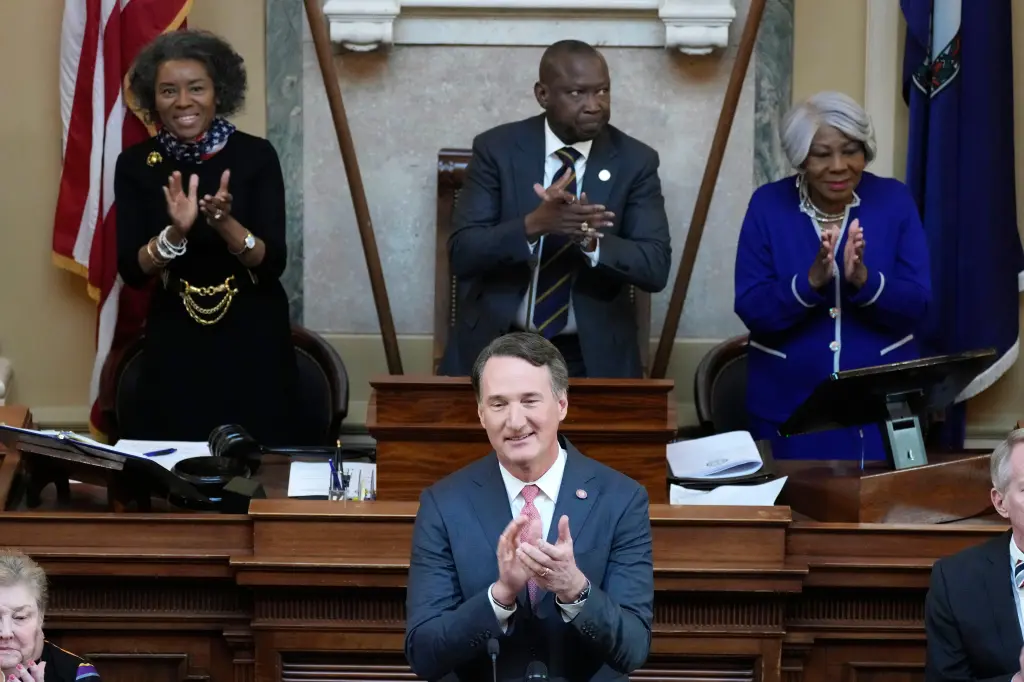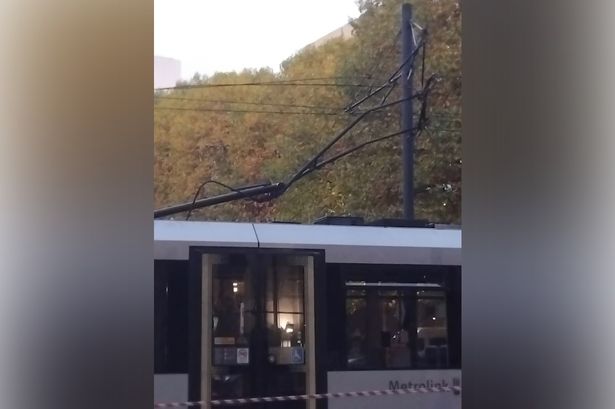Copyright Norfolk Virginian-Pilot

It’s rare when receiving a letter from the government elicits joy rather than resignation or foreboding. Yet, in recent weeks, millions of Virginia taxpayers welcomed envelopes from Richmond landing in their mailboxes, as each included a rebate check from the commonwealth Department of Taxation. The payments came as a result of a budget agreement passed earlier this year by the Democratic-led General Assembly and signed into law by Republican Gov. Glenn Youngkin. Amid rising prices and creeping unemployment, these modest payments could well be a lifeline for struggling families, and Virginia should be proud to see officials from both parties come together to deliver this relief. When lawmakers convened in Richmond this year, expectations were that the state budget would be a divisive fight for a legislature with Democratic majorities and a Republican governor eager to cement his legacy in the final year of his term. But while there were some bitterly contested aspects of the $188 billion spending plan, the legislative and executive branches managed to find workable common ground on many of the big issues. They were fortunate that past budgets had been crafted with restraint and an eye toward the future, providing a comfortable surplus that allowed officials to increase spending on key priorities while also delivering tax relief to Virginians. But they, like their predecessors, wanted to ensure the commonwealth was on sound financial footing going forward. That was especially important this year, as President Donald Trump’s administration and a Republican Congress advanced policies that threatened sustained and lasting harm to Virginia. The administration plans to cut 300,000 federal jobs, affecting Hampton Roads and Northern Virginia, which have a high concentration of federal employees. Trump’s tariff scheme is squeezing businesses small and large, and driven an 8.7% decline in traffic at the Port of Virginia. And an amped-up deportation campaign reduced travel to the United States, affecting the bottom line for state and regional economies dependent on tourism. All of this preceded — and continues during — a federal shutdown that has area families keeping a close watch on their household spending. There is no indication that the nation’s elected leaders are even negotiating to break the impasse. The longer that drags on, the more pain will accrue. In the annual “State of the Region” report, released this month by the Dragas Center for Economic Analysis and Policy at Old Dominion University, the economic outlook for Hampton Roads is murky, much like that of the commonwealth and the nation. Defense spending is likely to keep our area afloat, but our communities are not immune to policies that are slowing growth and undermining families’ financial security. Both the governor and state lawmakers recognized the likelihood of additional uncertainty and planned accordingly. The budget socked away additional money for reserve funds and used cautious growth projections to reach a final deal. The next governor and General Assembly should be grateful for their foresight. Similarly pleased should be Virginia taxpayers, most of whom received a check this month from the Department of Taxation as a rebate. Individual filers were given $200 back while those filing jointly were sent $400. That may not seem like a lot to some. But the Federal Reserve reported in March that only 63% of Americans could afford a surprise $400 expense, and only 55% have three months of savings to cover an emergency, such as the loss of a job. Unlike in Washington, where members of opposing political parties cannot find a modicum of agreement on things, Virginia is fortunate that the Democratic legislature, with help from Republican lawmakers, found common ground with a Republican governor to deliver real help to their constituents, serving the whole of Virginia as a result. Perhaps their colleagues in Washington could learn a few things from Richmond after all.



